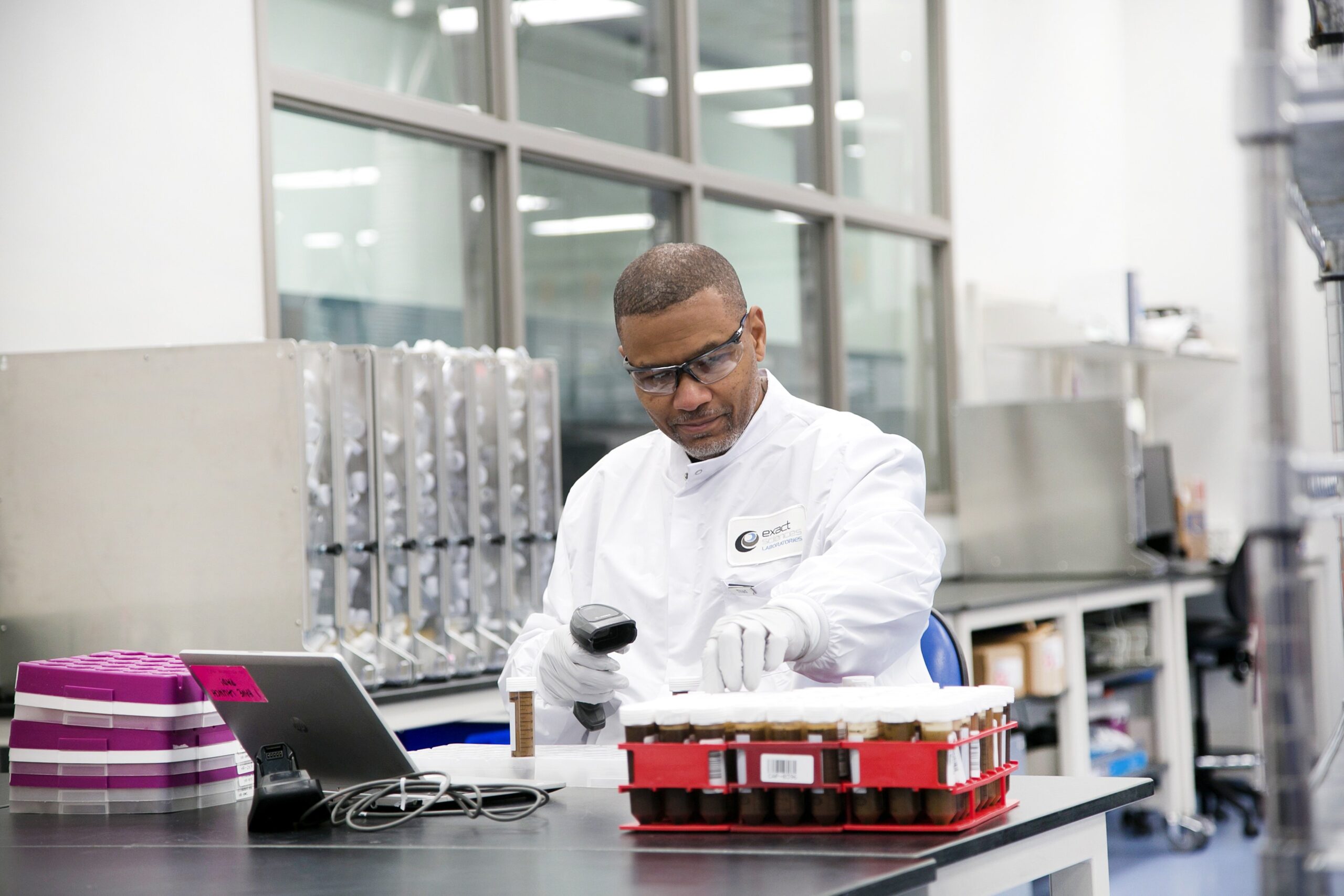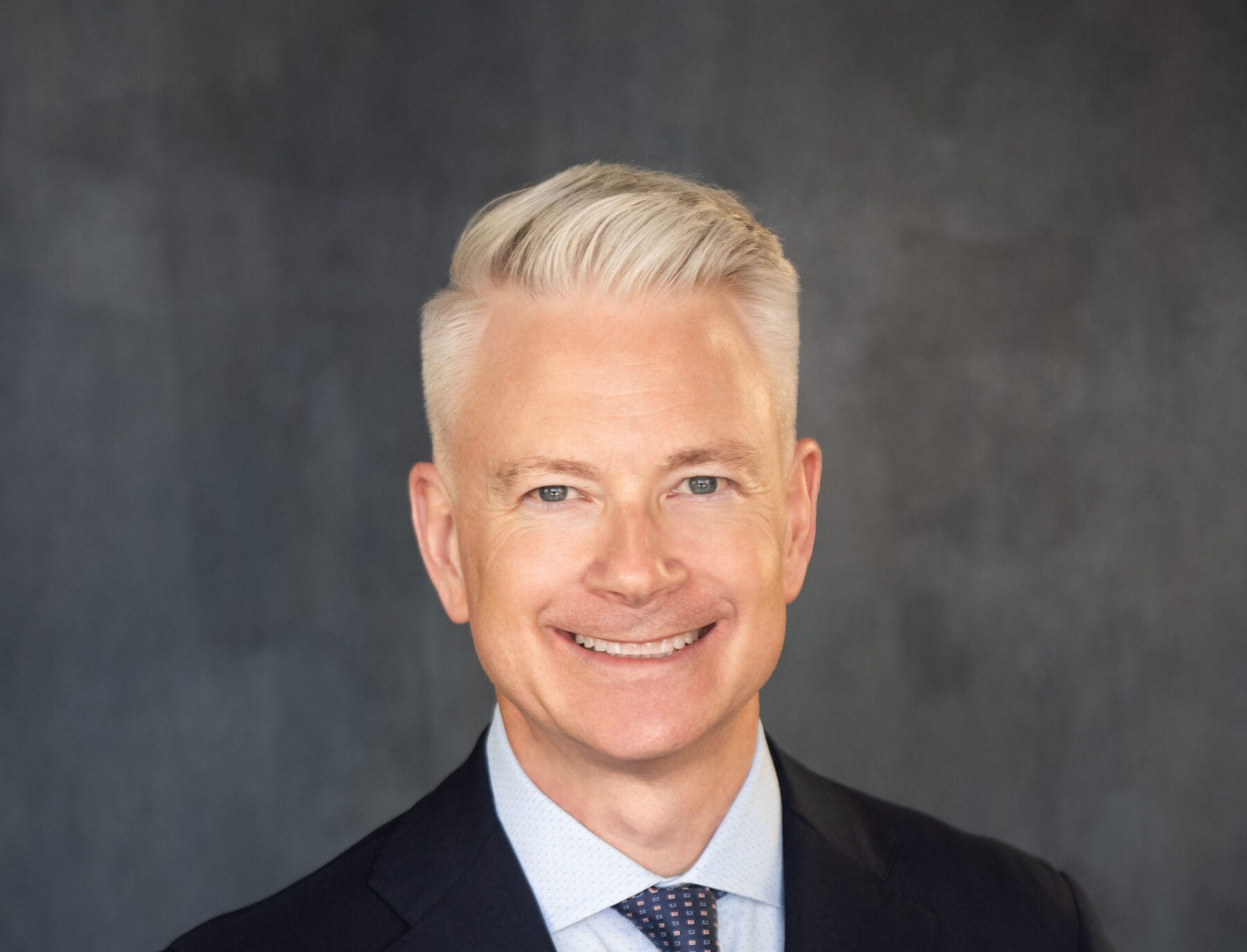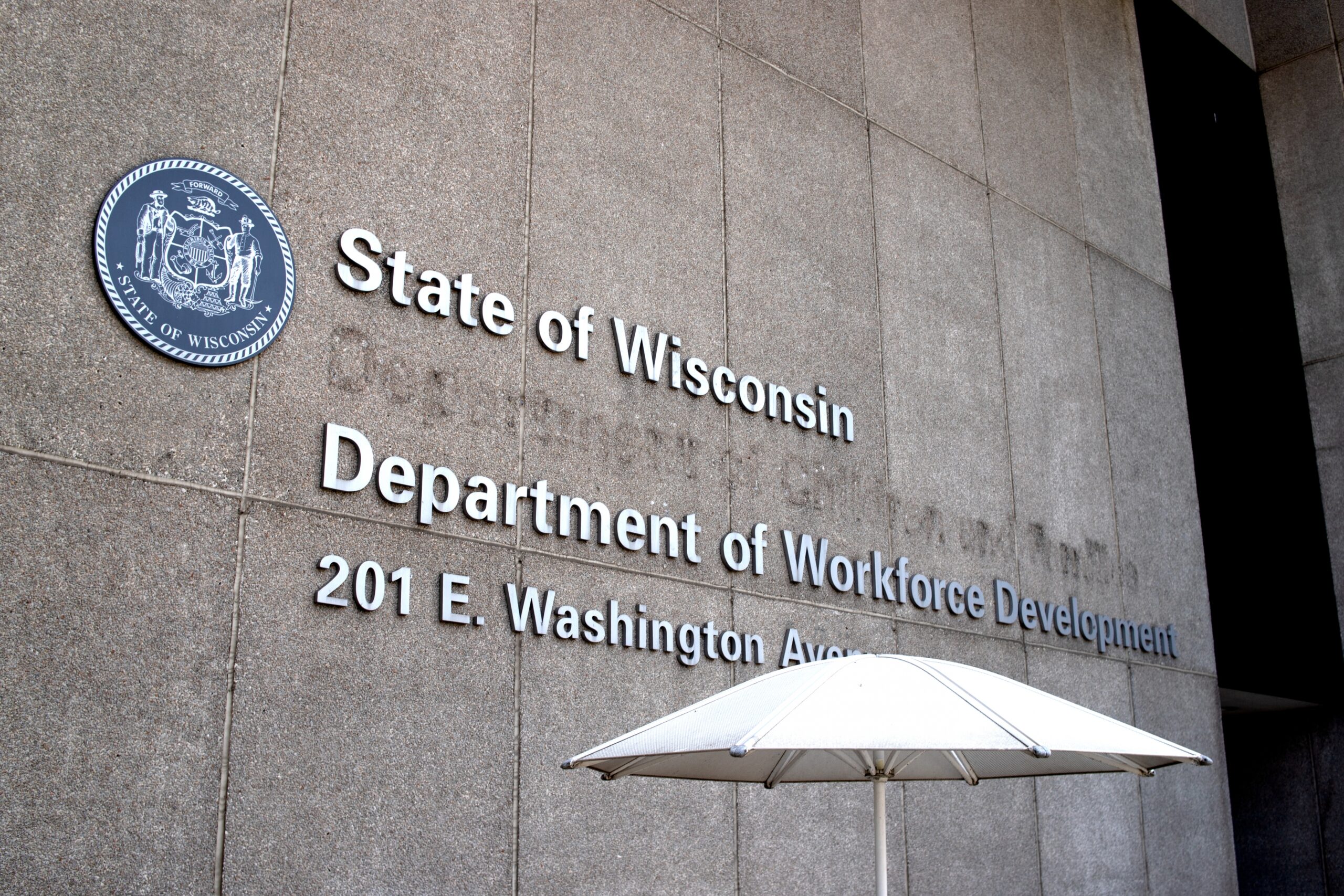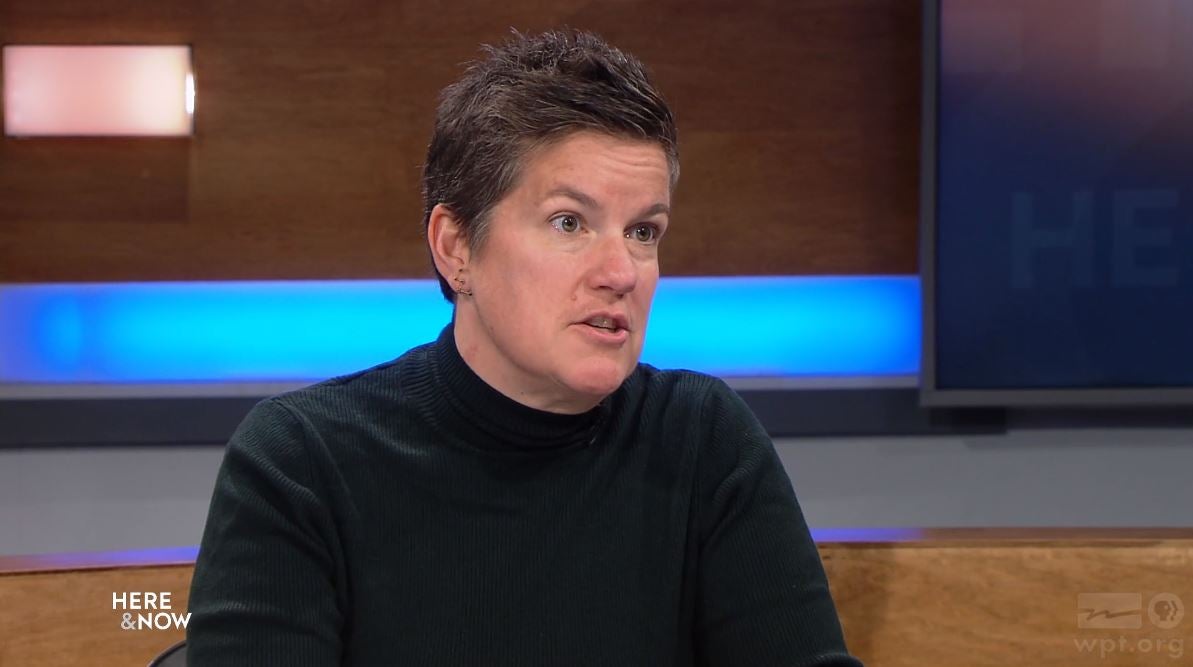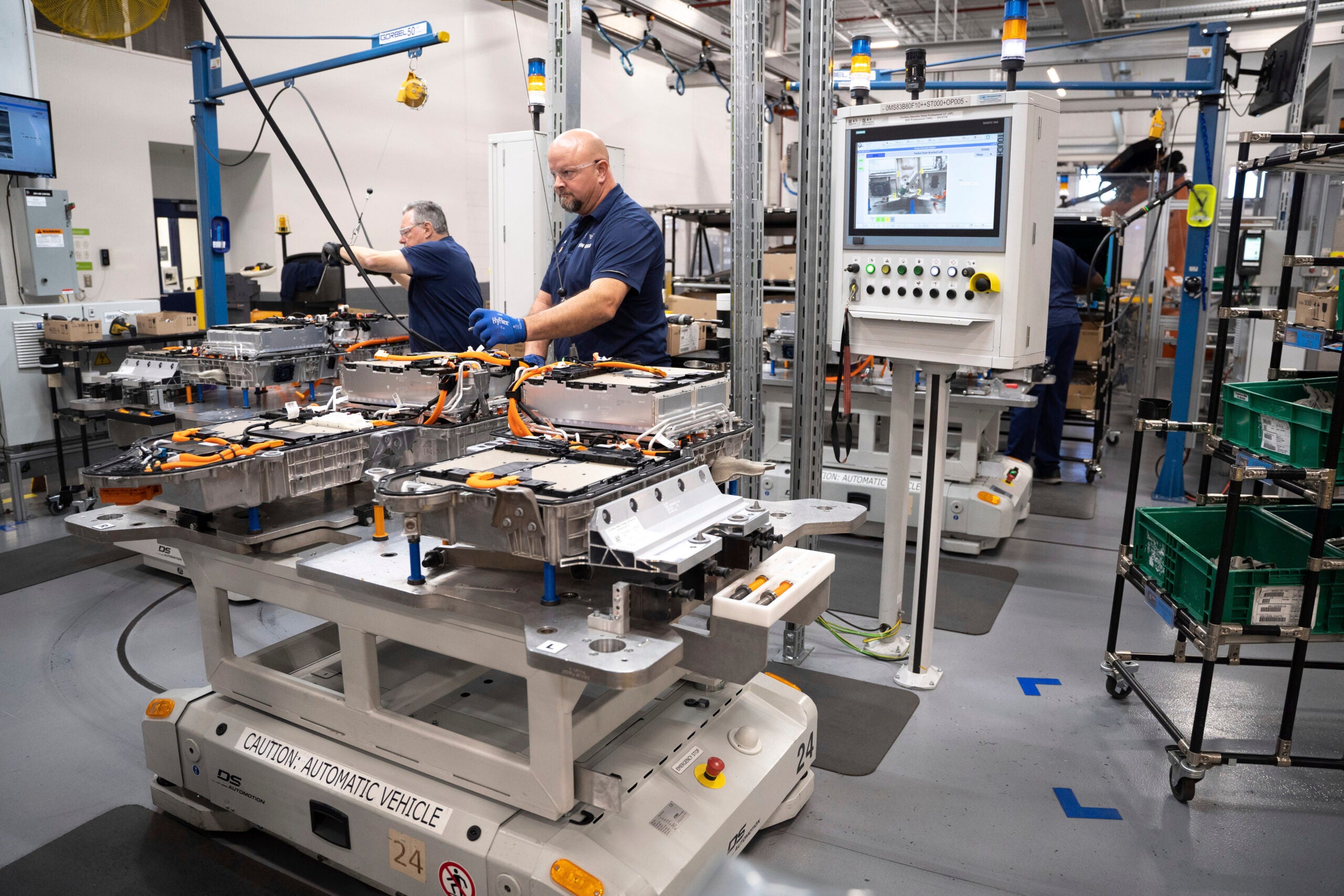A new workforce development program in Wisconsin will train 2,000 workers over the next five years in a growing sector of the health care industry.
The Actualizing Biohealth Career Pathways project is a partnership between Wisconsin technical colleges, universities and employers that want to keep up with anticipated demand in the field.
The initiative was awarded $14 million in grant funding as part of the state’s federal designation as a biohealth tech hub.
News with a little more humanity
WPR’s “Wisconsin Today” newsletter keeps you connected to the state you love without feeling overwhelmed. No paywall. No agenda. No corporate filter.
The consortium is led by Mark Thomas, Madison Area Technical College’s chief strategy officer, who said the group is looking to hire a full-time director this fall and ramp up the program in early 2025.
Thomas spoke to WPR’s “Wisconsin Today” about how the program will work and what it will provide for the state.
The following was edited for clarity and brevity.
Rob Ferrett: What is included when we talk about the biohealth industry and biohealth jobs?
Mark Thomas: We’re talking about everything from lab technicians and human resources specialists who work at a place like Exact Sciences, to operator jobs in an advanced manufacturing setting at household-name companies like GE Healthcare and Johnson Controls or data scientists and software developers at places like Epic Systems.
So it’s all kinds of things that you think are sort of adjacent to the health care space: make the products, repair the products, maintain the products, develop the software, etc.
RF: How big of a need is there to bring new workers into these industries we’re talking about?
MT: There’s already 47,000 jobs in the sector. The tech hub sees another 30,000 jobs directly in the biohealth industry, and then, in terms of a multiplier effect, up to another 100,000 indirect jobs over the next decade, if projections hold up. You have more businesses that are adjacent to supporting the growth industry.
So when we think about that worker demand, we want to be on the front end of that. We want to be creative and anticipatory and not reactive to some sudden glut in the labor force. So we’re thinking ahead and imagining, when that comes true, are we prepared? Have we recruited folks into the training pathways that they need?
RF: How much of this is in-classroom work versus working out in the field for one of the companies involved in the program?
MT: One of the key aspects of the tech hub and the workforce project specifically is what we call “earn and learn” opportunities. People are hands-on, on the job. You’re getting that training. So there’s a classic apprenticeship model that people think of, and we’re looking at expanding those opportunities for folks to have the experience.
The earn-and-learn model gets them hands-on, but makes it more affordable and accessible for people who may already have a challenge paying for education. They’re getting paid as they learn, as opposed to having to take out large amounts of student loan debt and do it that way.
One of the key pieces (of the project) is serving folks in underrepresented communities. Folks coming from low-income communities have that challenge of being faced with a decision to take on debt or not receive additional training. So we’re trying to overcome that barrier.
RF: We sometimes hear concern about “brain drain” in Wisconsin, where students graduate and go to work elsewhere in the country. Will this program help keep more of them in the state?
MT: It’s twofold. One is, it’s career opportunities for Wisconsinites and jobs here in Wisconsin. They can stay in Wisconsin. Two, it’s attracting more businesses to Wisconsin. We see this as a major catalyst for economic development. The real advantage is it’s not just hanging our hat on the promised economic growth from a single, large employer. This isn’t dependent upon hoping one big thing is our is our lottery ticket. This is the coordinated effort among the partners to leverage an existing strength between an ecosystem of businesses that’s already here.
We have world class health care provider systems, and we have a state that has a history of workforce development strategies and partners that are both matured and poised for growth and innovation. We’re saying, “Come and build your biohealth business here in Wisconsin. We have this infrastructure and system and camaraderie and consortium and workforce that is great for your business.” We actually think not only are we going to stop the brain drain, we’re going to bring more business opportunities to Wisconsin.
Wisconsin Public Radio, © Copyright 2026, Board of Regents of the University of Wisconsin System and Wisconsin Educational Communications Board.

